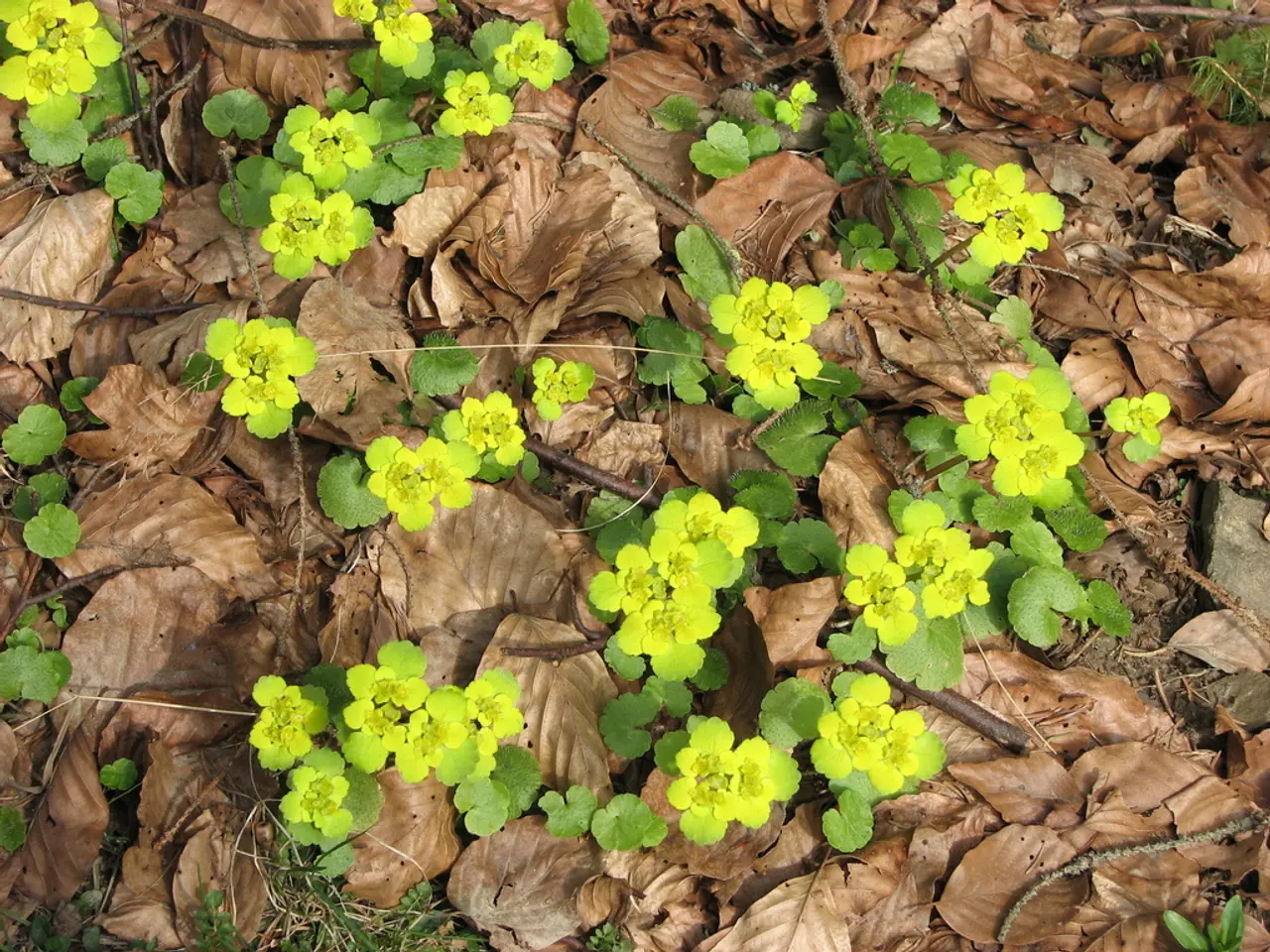Garden Cleanup Strategies for Autumn
In a recent podcast, the speaker discussed the importance of end-of-season garden clean-up. Here's a breakdown of the key points to consider:
Preparing for Next Season
If your squash and zucchini plants have grown large and healthy, they can be composted or "chop and dropped" to return nutrients to the soil. However, it's essential to replenish the soil nutrients for the next season. Compost, well-rotted manure, or even mulch can be used to cover and replenish the garden soil.
Garden Clean-Up Guidelines
Three main guidelines for garden clean-up are:
- Throw out diseased plants to prevent the persistence of plant diseases in the soil.
- Aim for no bare land to prevent erosion, which can strip the topsoil from a garden. Mulch, such as wood chips and fallen leaves, can be used to cover the soil.
- Replenish the soil with organic matter to renew its fertility for the next planting season.
Cover Crops and Rotation
Cover crops like ryegrass, winter rye, hairy vetch, buckwheat, and others can be planted to add nutrition to the soil, keep it covered, and prevent erosion. After corn is harvested, planting a cover crop can help replenish the nitrogen for the next year's crop. Nitrogen-heavy feeders like corn or squash can be planted after beans and peas to make the best use of the nitrogen.
Container Soil
Container soil can be reused as long as there were no disease problems. However, it's recommended to replace half to two-thirds of the soil next season to replenish nutrients.
Tilling and Mulching
Tilling the garden is generally not recommended, but in extreme circumstances like an overgrowth of weeds or pests, it might be beneficial. Mulch can be used to cover the garden soil and prevent erosion. Corn plants produce a lot of biomass and can be used as mulch after they dry up.
Pest Management
Squash and zucchini plants should be thrown out if there has been a heavy infestation of pests like squash bugs or squash vine borer, as they can overwinter in compost. Okra plants are difficult to pull out, and leaving them in the ground over the winter can provide a haven for beneficial insects.
Chickens in the Garden
Chickens can be let to free range in the garden over the winter, aerating the soil and fertilizing it with their manure. However, predators like hawks are a risk when letting chickens free range. Okra and spent bean plants can provide shelter for them.
Beans and Peas
Beans and peas roots contain nitrogen that can be beneficial for next year's garden. Instead of pulling them out, snip them at the soil level and leave them or add them to compost.
Storage
Containers should be cleaned with soap and water and stored in a sheltered area for the winter.
For a more in-depth explanation, a video on this topic is available.
Read also:
- Peptide YY (PYY): Exploring its Role in Appetite Suppression, Intestinal Health, and Cognitive Links
- Toddler Health: Rotavirus Signs, Origins, and Potential Complications
- Digestive issues and heart discomfort: Root causes and associated health conditions
- House Infernos: Deadly Hazards Surpassing the Flames








